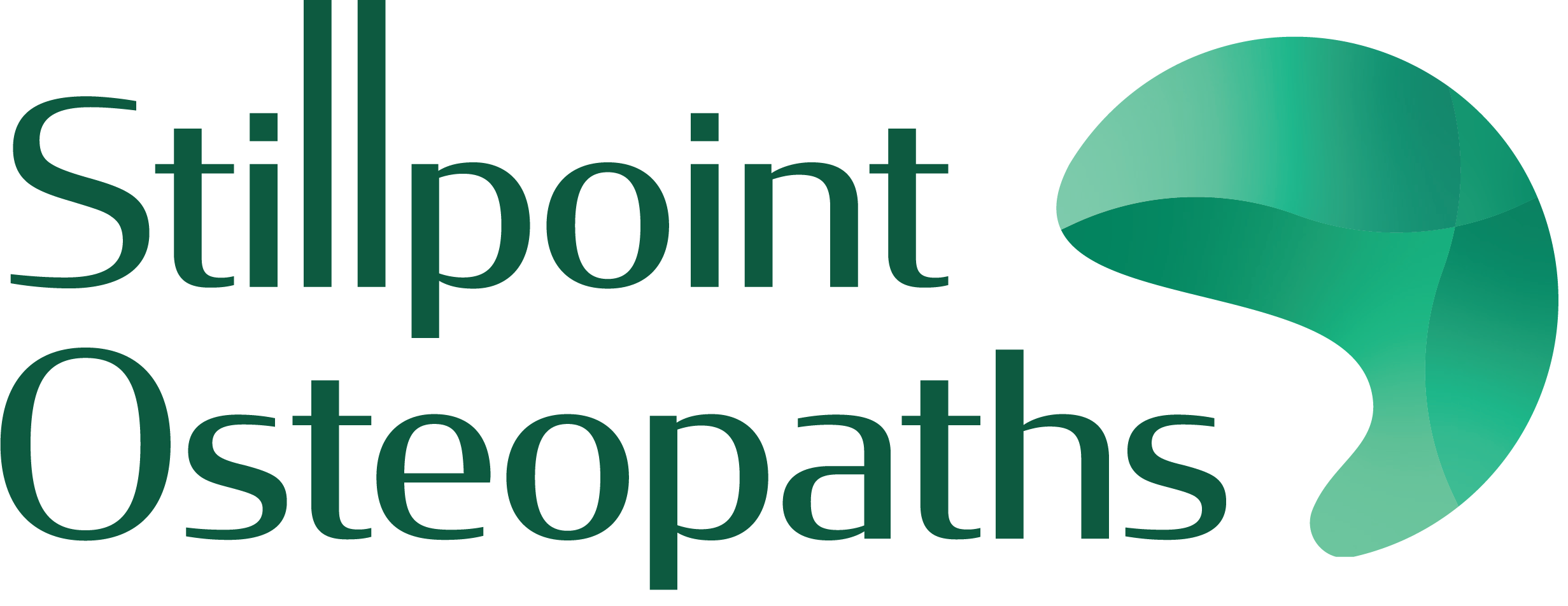Is there any difference if you breathe through your mouth instead of your nose?
Stillpoint Osteopaths are often asked to assess and assist family members who struggle to breathe through their nose.
Mouth breathing has some significant impacts on our health long term. Babies should naturally breathe through their noses and so should your toddler, teen and you as an adult.
Our discussion here does not relate to the short-term episodes of mouth breathing when you are unwell with a cold.
Signs that you or a family member are a mouth breather?
They may snore when sleeping.
They may be noisy eaters as they struggle to breathe through their nose while chewing.
They may have poor sleep patterns, struggle with concentration, irritable, be constantly tired even when sleeping well.
May demonstrate agitated and difficult behaviour.
Grind their teeth when sleeping.
Have dry lips and mouth and can wake with a sore throat.
When concentrating or relaxing they may have their lips apart rather than resting closed.
May have poor dental health.
How to test if a family member is a mouth breather:
If you pop your lips together and keep them closed, then try to breathe through your nose. Or you can put a small mirror under your nose while breathing and see if there is condensation on the glass indicating that you’re breathing through your nose.
Another way is to hold water in your mouth and breathe through your nose.
Ask yourself does this feel like my normal breathing?
Or does it feel like it is hard and not your usual. You may be able to breathe through your nose but it could feel hard like there is a lot of resistance, so you unconsciously opt to mouth breathe.
When assessing a child its best to watch them when relaxed and concentrating, possibly while reading a book or watching a movie. Are their lips together, is their breathing noisy and then double check with the mirror.
